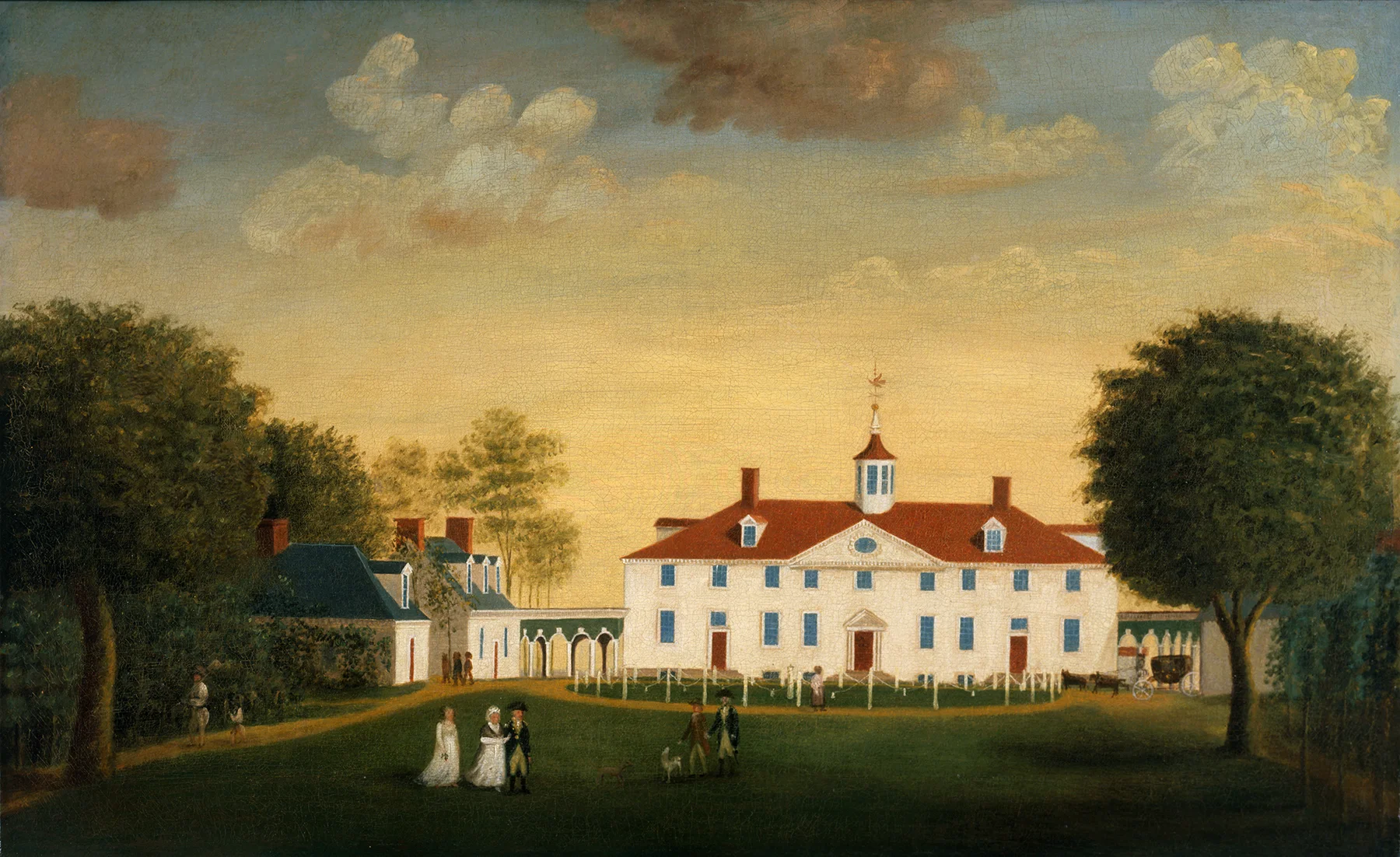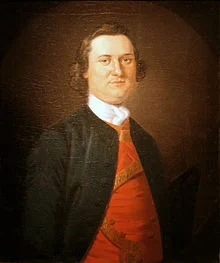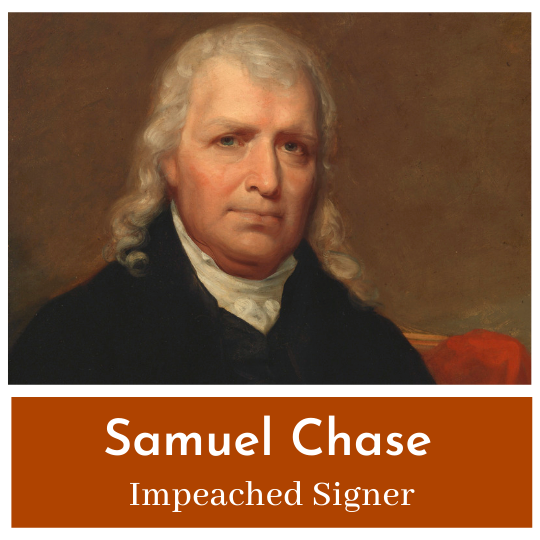The Unsung Legal Mind of Revolutionary James Wilson
James Wilson is one of those Founders who was there for almost every important moment during the American Revolution.
Unfortunately, the fame he had among his contemporaries has faded with time.
Today we take a short glance at one of the greatest legal minds in American history.
James Wilson
James Wilson was born into a Scottish family of middling means. His intelligence was noticed, and he was able to study at the Universities of St. Andrews, Glasgow and Edinburg.
Wilson did not graduate, instead deciding at 23 years old to move to Pennsylvania.
When he arrived, Wilson began to study law under John Dickinson, one of the finest legal minds of the time (and a fellow Founder).
The Declaration of Independence
A man who committed himself to the rule of law, Wilson supported separating from Great Britain early in the hostilities.
James was elected to the Continental Congress where he voted for and signed the Declaration of Independence.
Rule of Law
Because of his belief in the rule of law, Wilson often defended loyalists in court.
Despite his devotion to republicanism, he was an elitist. James believed that the elite should be treated differently, and he fought for the wealthy of Philadelphia to keep their property even if the did not support the Revolution.
The Battle of Fort Wilson
Wilson’s defense of elite Loyalists didn’t go over so well with the average citizens of Philadelphia.
One afternoon, a large group of tavern-goers got good and drunk and decided it was time for Wilson to go. They formed an impromptu militia and marched on his house.
In what became known as the Battle of Fort Wilson, James and a large group of his friends locked themselves a house. The drunks tried to break in and in the ensuing melee six people were killed.
Fortunately, Wilson survived.
The Constitutional Convention
James Wilson would be elected to represent Pennsylvania at the Constitutional Convention.
He played an active role where, despite his elitist leanings, he was the only person to seriously recommend have the people vote directly for the president. This was too much for his contemporaries who thought, as Roger Sherman put it, the people, “want information and are constantly liable to be misled.”
Despite this setback, James Wilson signed the Constitution.
The Statehouse Yard Speech
Just two weeks after the Constitution was approved by the Convention, Wilson set his mind to getting it ratified.
James gave the Statehouse Yard Speech behind Independence Hall. This speech was reprinted and distributed throughout the colonies. Even the likes of George Washington sent copies to his friends in an effort to have his home state of Virginia support ratification.
At the time, the Statehouse Yard Speech was second in influence only to the Federalist papers.
Supreme Court Justice
When the new government took effect, James Wilson was one of the first people chosen by Washington for a seat on the Supreme Court.
He was quickly approved as an Associate Justice in the Jay Court. He would continue to serve until his death nine years later.
Debt
James Wilson always had a variety of incomes, but later in life he began speculating heavily in land.
After the Panic of 1796 tanked the economy, Wilson was one of many wealthy speculators (notably Robert Morris) who lost their fortune.
Wilson, while still serving on the Supreme Court, spent time in debtor’s prison. After his son paid off that debt, he fled to North Carolina (again, still on the Supreme Court) to avoid other debts. Soon after his arrival, Wilson caught malaria, had a stroke, and died.
Conclusion
James Wilson is one of those underappreciated Founding Fathers who had a profound effect on the development of the United States of America. He signed the Declaration of Independence AND signed the Constitution. Only then did he serve as a charter member of the United States Supreme Court.
If you enjoyed this article, remember to subscribe to the email list for a new Founder every day.
Also, check out our Book of the Month page. This month's 'book' is the Declaration of Independence.





